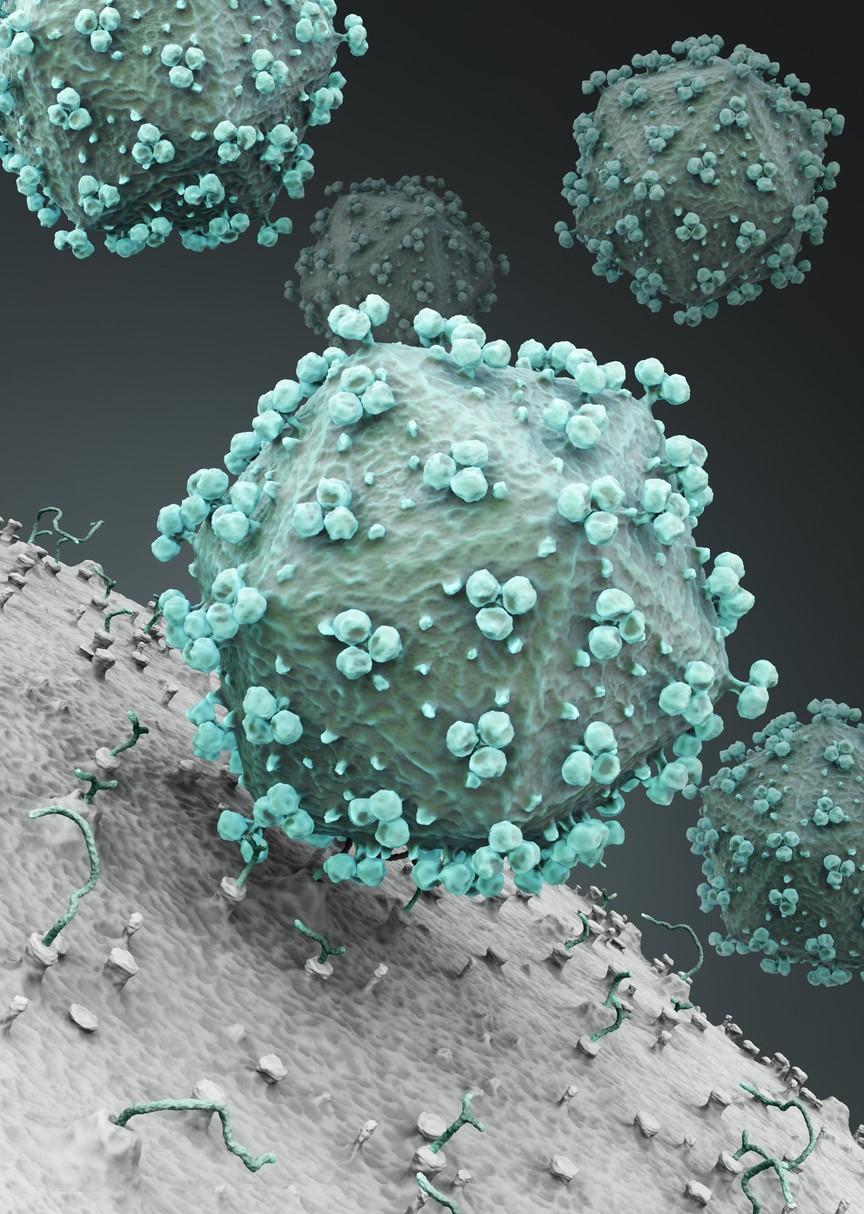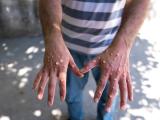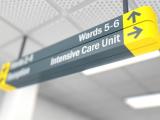The risk of COVID-19 infection after primary vaccination was 28% higher in adults diagnosed as having HIV, suggesting they may benefit from two additional doses, according to a US study published yesterday in JAMA Network Open.
Johns Hopkins University researchers led a team assessing the risk of COVID-19 infection among 113,994 vaccinated patients—33,029 of whom had HIV and 80,965 who didn't—through Dec 31, 2021.
Participants were part of the Corona-Infectious-Virus Epidemiology Team (CIVET)-II cohort and were seen at Kaiser Permanente Mid-Atlantic States, Kaiser Permanente Northern California, the University of North Carolina Chapel Hill HIV Clinic, and the Veterans Aging Cohort Study (VACS) sites.
Participants had received either two doses of an mRNA COVID-19 vaccine (Pfizer/BioNTech or Moderna; 93%) or one dose of the Johnson & Johnson (J&J) vaccine (7%) at least 14 days earlier, by Jun 30, 2021. Most participants (70%) were 55 years or older and men (92%); 41% were Black, and 38% were White. The study period spanned weeks in which the Delta and Omicron variants were predominant.
Younger age, lack of extra dose tied to higher risk
After adjusting for between-group differences, the overall risk of COVID-19 infection was low (3.8%) but was 28% higher (4.4%) in participants with versus without HIV (55 vs 43 cases per 1,000 person-years; risk difference, 0.9%) and within each vaccine type.
Among participants with HIV, younger age (younger than 45 vs 45 to 54 years) and non-receipt of an additional vaccine dose (adjusted hazard ratio, 0.71) were linked to an elevated risk of post-vaccination infection.
The rate of post-vaccination infection was highest in J&J vaccine recipients (5.7%), followed by Pfizer (4.4%), and Moderna (2.8%). The risk was higher during the Delta surge than during earlier waves that were driven by other variants.
"These findings should alert all people with HIV to their greater risk of COVID-19 breakthrough, and can inform official recommendations about COVID-19 vaccination for people with HIV," senior author Keri Althoff, PhD, MPH, said in a Johns Hopkins press release.
The Centers for Disease Control and Prevention (CDC) recommends that people who are moderately or severely immunocompromised (which includes people with HIV who are untreated or have low CD4 T-cell counts—fewer than 200 cells per microliter, indicating weak immunity) get an extra dose of vaccine as part of their primary series followed by a booster dose.
Lead author Sally Coburn, PhD, MPH, of Johns Hopkins, said the CDC should mull updating its COVID-19 vaccine guidelines in light of the results. "Policymakers who establish the guidelines should consider the benefits and risks of an additional dose of vaccine in the primary series not only for those with severe or untreated HIV, but also include those with moderate immune suppression or even all persons with HIV," she said in the release.





















